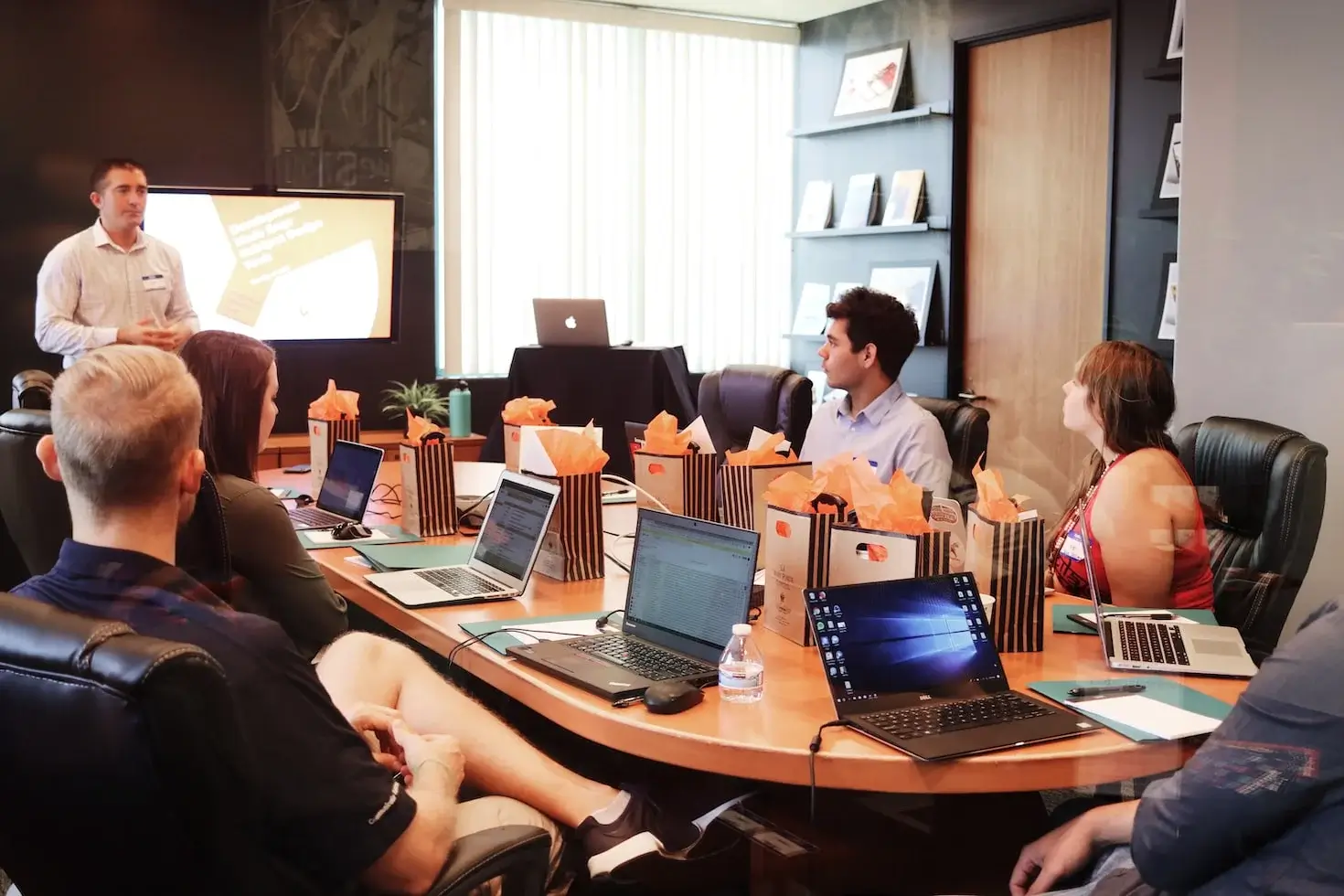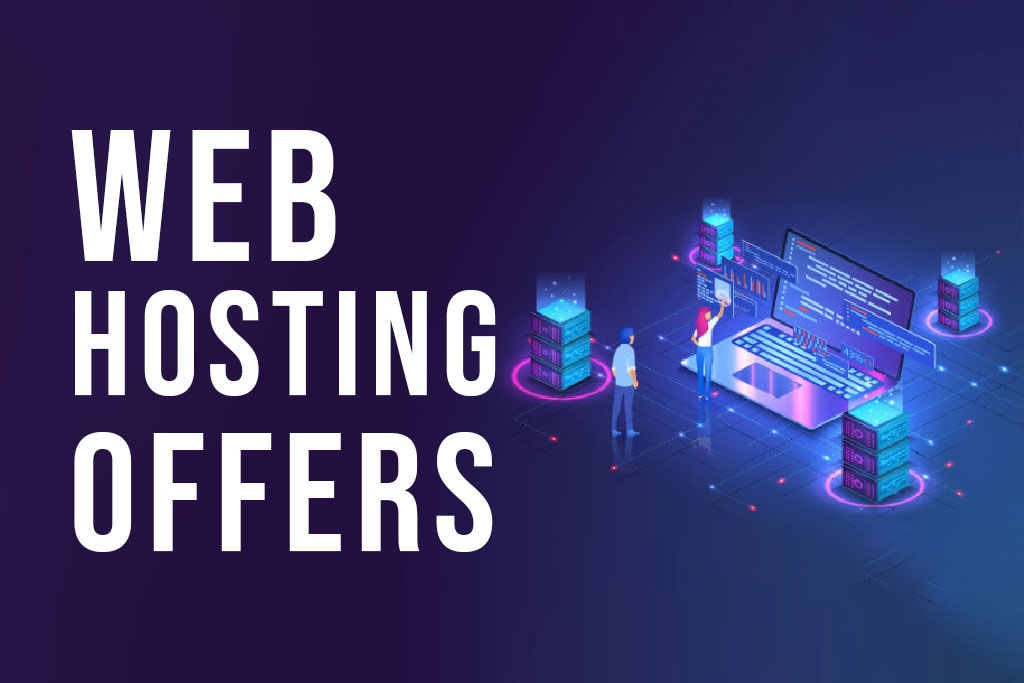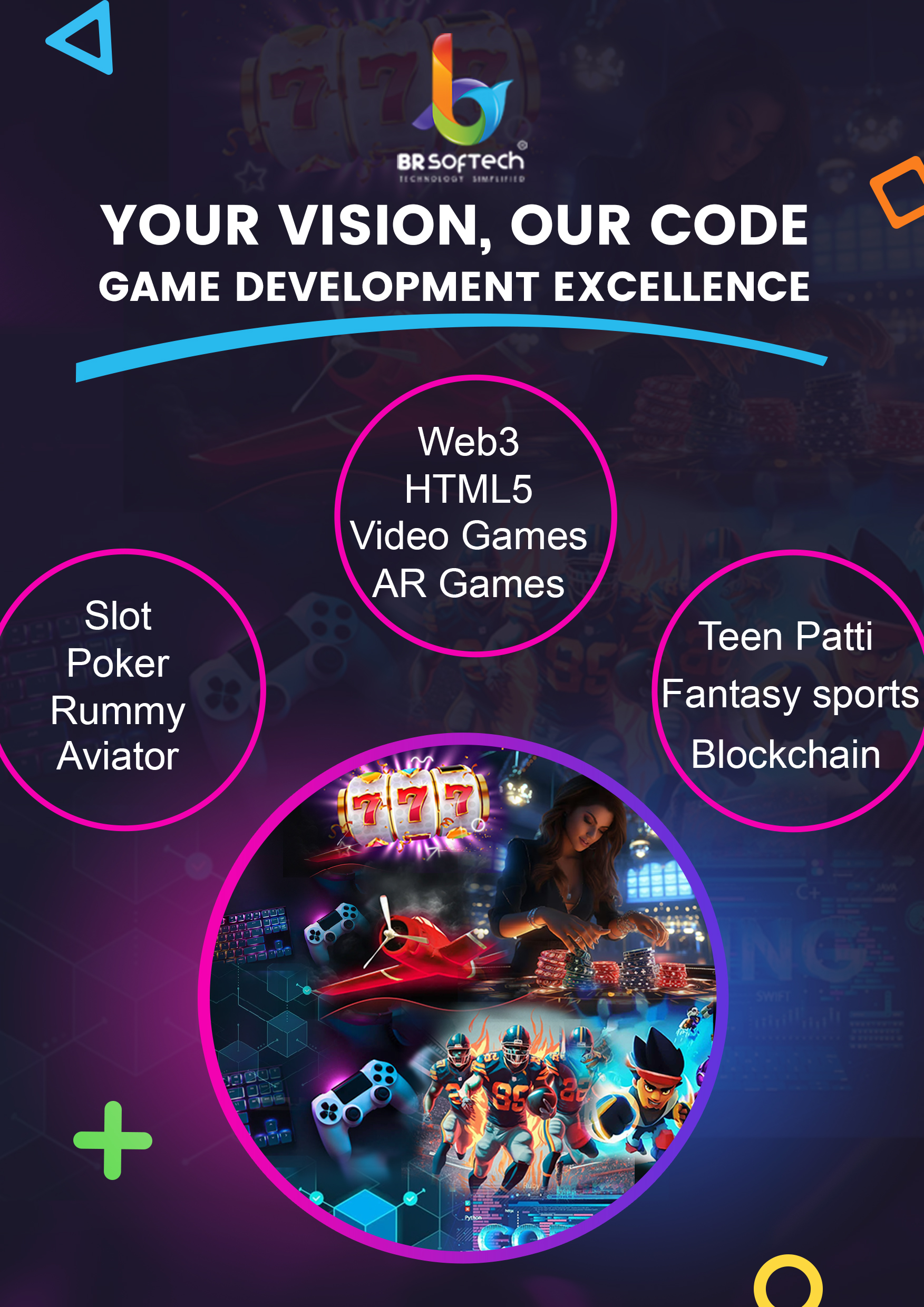The events industry continues to evolve, with companies constantly looking for new ways to improve the experiences they provide and engage with their audiences. As technology becomes more entrenched in our lives and businesses, event management teams are increasingly exploring new ways to use digital platforms and software solutions to better serve their clients.
The present and future of event management
The event industry is becoming big, but it’s also evolving; it’s becoming more competitive and global. Moreover, the technology available to the average event planner has never been more advanced or accessible than it is today.
This means that if you want your company or brand to thrive in this increasingly competitive environment, then you need to be ready for change too–and not just at an operational level either (though that’s important too). You should also be prepared for change when it comes down to how you approach innovation: what kinds of new ideas do you have? How do these innovations fit within your existing strategy? What implications might they have on future development?
The importance of innovation in the industry
Innovation is a vital part of the event management industry. As more and more people attend conferences, trade shows and other events, it’s important to keep them engaged throughout their entire experience. This can be done through innovative technology like virtual reality (VR) or augmented reality (AR), which allows you to immerse your attendees in an experience unlike anything they’ve never seen before.
Innovative experiences are changing how we think about events, as well as the way people interact with brands at these types of gatherings. By embracing new technologies such as VR/AR or chatbots for customer service purposes, you can ensure that your company stays ahead of competitors who don’t innovate enough–or not at all!
Dealing with uncertainty and risk
The event industry is a dynamic, ever-changing business. In order to stay relevant and competitive, you need to be able to adapt quickly in response to market forces and consumer trends. This means that risk is an intrinsic part of the job–and it’s something you should embrace rather than be afraid of.
Risk management is an essential skill for any professional who deals with uncertainty on a regular basis. As mentioned earlier, there are two types of risk: intentional and unintentional. Intentional risks are those taken by choice; they’re calculated risks that have clear benefits if they pay off but also consequences if they don’t work out as planned (i.e., failure). Unintentional risks are those beyond your control or awareness–they could happen at any time during the course of an event or project timeline because no one has full visibility into what’s happening behind the scenes during production (i.e., surprise!).
Whether intentional or unintentional, managing risk involves taking steps toward mitigating potential downsides while maximizing any potential upsides through careful planning before executing ideas/projects so that everything goes smoothly once execution begins!
Embracing chaos and disruption
Disruption is a good thing. It forces us to rethink old ways of doing things, and it challenges our assumptions about what’s possible.
Disruption can be caused by new technology, like the Internet or smartphones; it can also come from new ideas, like how companies are using social media to engage with their customers in more meaningful ways than ever before; or even from new people joining an organization which bring fresh perspectives (and skills) into the mix.
Disruption happens all around us every day–and if you want your event management company to thrive in today’s world of constant change, then you need to embrace this idea wholeheartedly!
Designing for the future
We’ve all heard the saying, “Design for the user, not for yourself.” This is a good rule of thumb; it’s important to remember that you are not your user. You have different needs and desires than they do–and those can sometimes get in the way of understanding what your users need from an experience.
The same goes for designing experiences around technology itself: it’s easy to fall into a trap where we think about everything as “this is how we used technology before”, rather than considering how our users might want different things.
So instead of focusing on what has worked in the past or how things were done in previous years at an event (which may no longer be relevant), think about how technology could improve everything from start to finish this year–and make sure everyone involved knows exactly why these changes are happening so no one feels left out!
Innovation is changing the way we experience events
Events are changing, and so do our experiences. Innovation and event management tools have become a key factor in event management success, and they are transforming the industry for good.
Innovation is a mindset that allows you to look at your business from an entirely new perspective–and when you do this, you can unlock opportunities for growth and improvement that would otherwise go unnoticed by traditional methods of thinking. Innovation is all about seeing things differently: looking at problems differently; finding solutions nobody else has thought of before; taking risks others might not dare to take. These approaches ensure your company stays ahead of its competition throughout its lifespan, as well as ensure that whatever happens next will be even better than the past.
Conclusion
The event industry is facing a lot of change and uncertainty. Innovation is the key to success, but it can also be a source of anxiety for those who aren’t sure what’s next or don’t have time to figure it out. As event managers, we need to embrace innovation as an opportunity for growth and new ideas, rather than something that could disrupt our workflows or damage our reputations. By embracing innovation and applying it in your daily operations, you’ll be able to stay ahead of the curve while still keeping things running smoothly!












